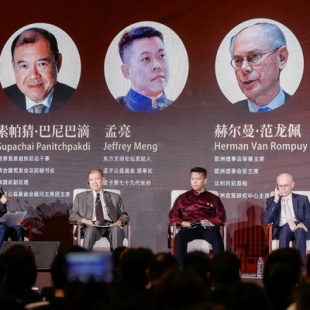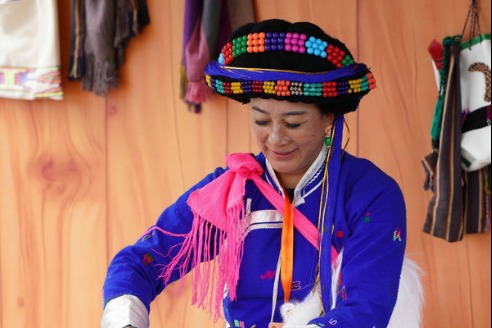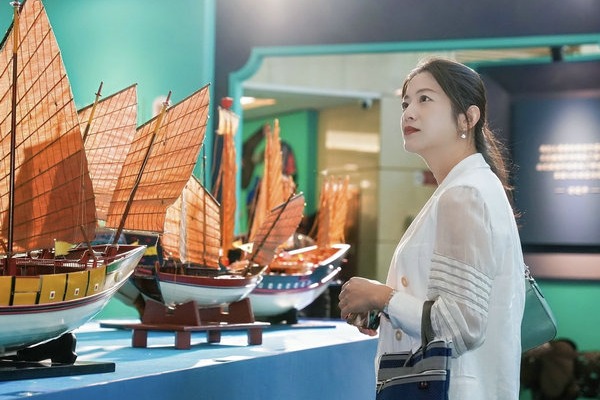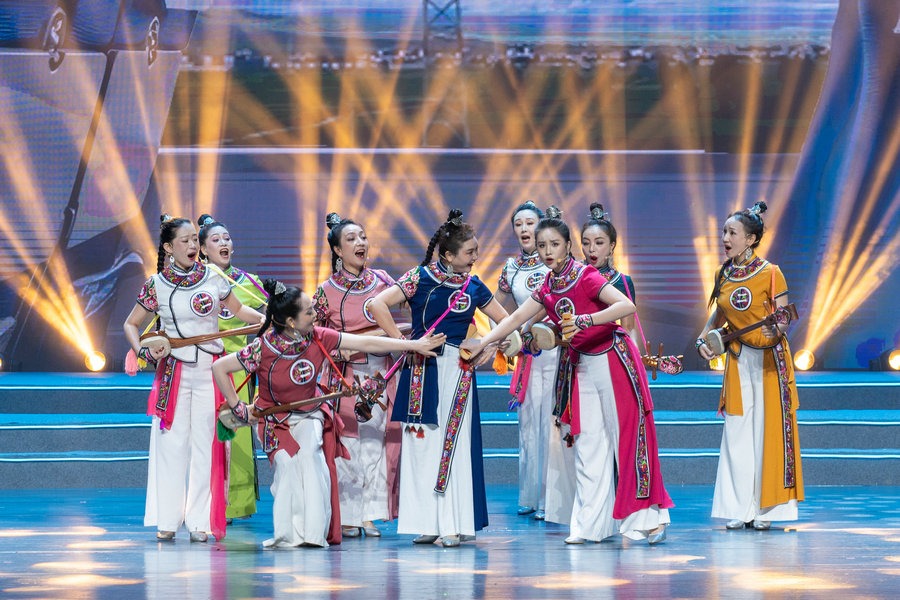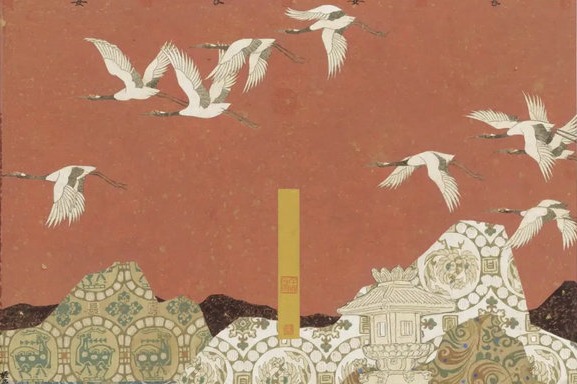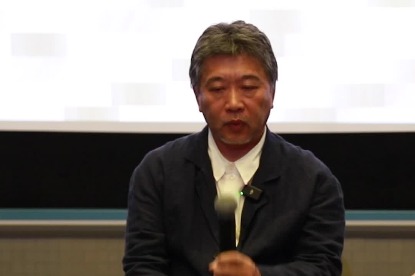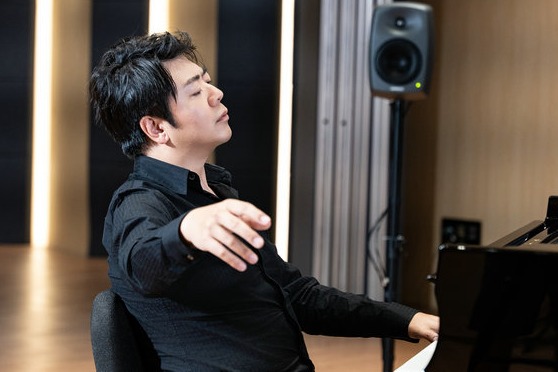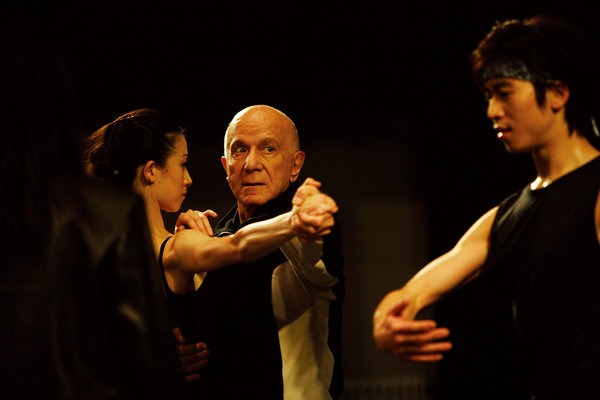Confucianism inspires heated dialogue in Chengdu

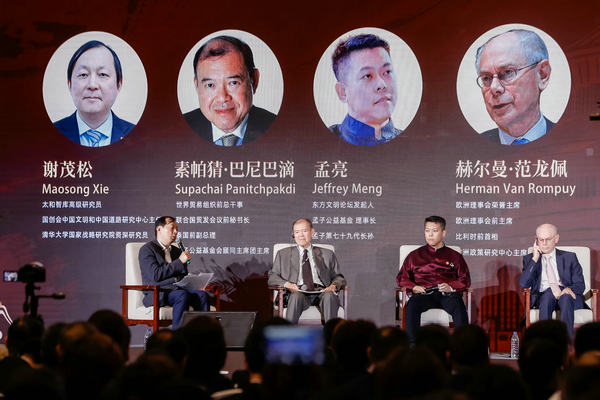
Renowned figures from politics, business and academia gathered on Saturday in Chengdu, Southwest China's Sichuan province, for the 3rd Oriental Civilization Summit Dialogue, to exchange views on how the world can draw from the wisdom of ancient Chinese philosopher Mencius (372-289 BC) to build a shared future for mankind.
Keynote speakers Chen Xiaoxia, director of the Mencius Research Institute; Herman Van Rompuy, president emeritus of the European Council and former prime minister of Belgium; Supachai Panitchpakdi, former director-general of the World Trade Organization and former deputy prime minister of Thailand; Jeffrey Sachs, a well-known economist at Columbia University; and Meng Liang, founder and chair of the Mencius Foundation delivered speeches at the event.
Chen said that living after Confucius (551-479 BC), Mencius took it as his mission to evangelize and develop Confucian thought.
Living during the chaotic Warring States Period (475-221 BC), when seven states fought each other for supremacy, Mencius turned his attention to the hope of benefiting the rulers of the separate states by enlightening them through philosophy. Mencius believed in the inherent goodness of human beings and advocated for moral, benevolent governance.
Mencius' thoughts not only enriched Confucianism but also wielded a profound influence on Chinese philosophy and China's economic and social development. They are also providing philosophical guidance for the building of a shared future for mankind, remarked the institute director.
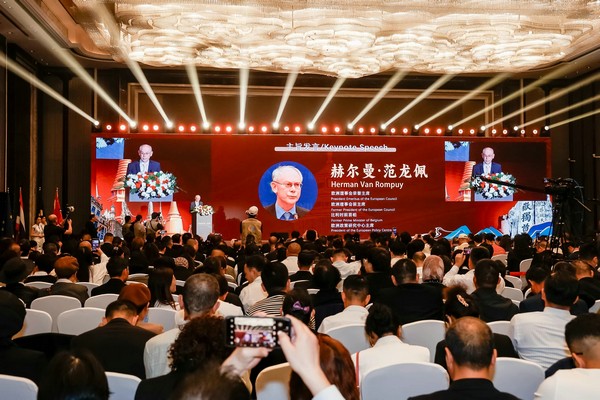
Van Rompuy said in his speech that, because of globalization and modernization, different civilizations are more alike than they were in ancient times. The first full-time president of the European Council noted what Confucius said in The Analects — "Within the four seas we are all brothers," echos words in the European Anthem, a melody featuring German poet Friedrich von Schiller's Ode to Joy from 1785.
"Humanity in Europe paid a high price for the perverse idea of superiority through the deaths of millions throughout history and we drew lessons from all these. The European Union was a peace project built on this tragic failure," he said, adding that "in the second half of the 20th century, the forces of political and cultural convergence in Europe overtook those of divergence and the EU is the expression of the movement of convergence."
The former European political leader also emphasized that to seek harmony, the keyword of Chinese civilization, every civilization and every nation must be humble and respect each other's cultures and political systems.


